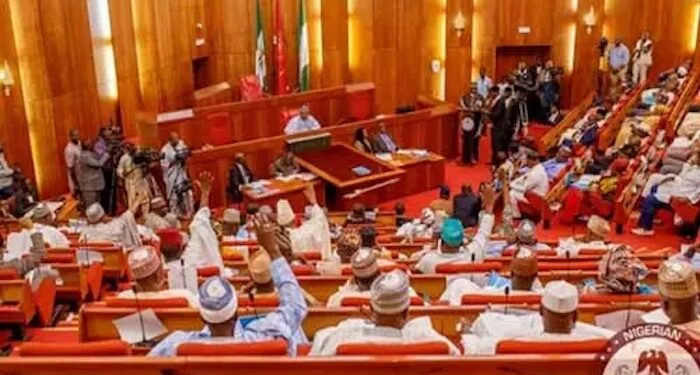In a major legislative move, the Nigerian Senate has passed two critical tax reform bills — the Nigeria Revenue Service (Establishment) Bill 2025 and the Nigeria Tax Administration Bill 2025 — aimed at modernizing the nation’s tax system and enhancing revenue generation.
The passage came after the Finance Committee, led by Senator Sani Musa, presented its comprehensive report. A clause-by-clause review saw the Senate retain the 7.5% Value Added Tax (VAT) rate currently levied on goods and services, while redistributing tax revenue as follows: 55% to states, 35% to local governments, and 10% to the federal government.
A key update defines “derivation” based on place of consumption, ensuring VAT is returned to the state where the product or service was consumed. This reform is expected to improve transparency and fairness in tax allocation.
Additionally, the Senate approved:
-
The renaming of the Federal Inland Revenue Service to the Nigeria Revenue Service (NRS).
-
A new governance structure with a non-executive Chairman and Executive Vice Chairman.
-
The establishment of a Tax Appeal Tribunal, with expanded jurisdiction and professional qualification standards for tax commissioners.
-
A new Office of the Tax Ombud to handle public complaints and improve trust in the tax system.
The legislation empowers the NRS to:
-
Review tax regimes in collaboration with relevant government agencies.
-
Track, freeze, and seize proceeds from tax fraud or evasion.
-
Impose structured penalties for tax-related offenses, including failure to register, file returns, or remit taxes.
States and local governments will now receive VAT allocations based on new formulas:
-
States: 50% equality, 20% population, 30% place of consumption.
-
Local governments: 70% equality, 30% population.
The Development Levy will continue funding key national initiatives, with allocations to TETFUND (50%), NELFUND (15%), NITDA (10%), NASENI (10%), Cybersecurity (5%), and Defense Security (10%).
The Senate also removed a controversial clause proposing a ₦5 million fine for unauthorized disclosure of institutional documents, calling it draconian and self-serving.
This sweeping reform package sets the stage for a stronger, fairer, and more transparent tax system across Nigeria.


